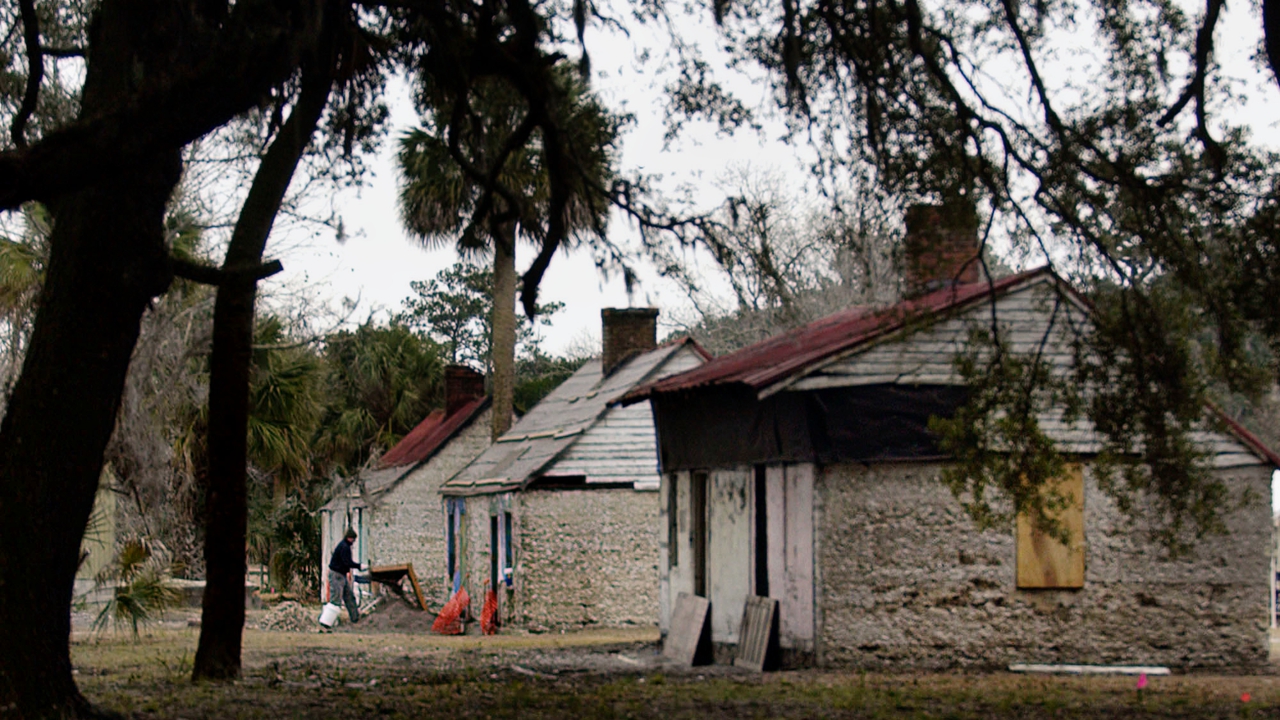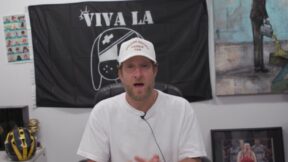Florida Paper Tears Apart Defense of Black History Standard On ‘Personal Benefit’ Of Slavery ‘Skills’

AP Photo/Stephen Morton
The Tampa Bay Times tore apart the group responsible for Florida Black history standards that include instruction that “slaves developed skills which, in some instances, could be applied for their personal benefit.”
The Florida Board of Education voted Wednesday to approve a curriculum on Black history that includes teaching that “slaves developed skills which, in some instances, could be applied for their personal benefit” and requires teaching “acts of violence perpetrated against and by African Americans.”
Vice President Kamala Harris torched the new curriculum in two speeches on consecutive days, but the leaders of the group who wrote the guidelines issued a statement defending them and listing 16 examples they say support their work.
But TBT staff writer Jeffrey Solochek published an article exposing many of the examples as faulty because the subjects either were not slaves or did not learn their skills while enslaved, and noting that the leader of the group that wrote them — Dr. Frances Presley Rice — is chairperson of the National Black Republican Association:
“They just threw out a bunch of names to make it seem like something good came of (slavery),” said Andrew Spar, president of the Florida Education Association teachers union. “The reality of it is, the facts don’t back up what they are saying.”
He mentioned Booker T. Washington, included on the state list as an educator. Washington was enslaved but did not gain his skills until after being freed at age 9. He worked in mines and as a houseboy before entering school, according to Tuskegee University, which he founded in 1881.
Georgetown University postdoctoral fellow Joshua Stein took issue with the state’s use of James Forten and Lewis Latimer as examples. The department said Latimer was a blacksmith born into slavery in 1848 and freed in 1852, and Forten was a shoemaker born into slavery in 1766 who escaped in 1784.
A museum dedicated to Latimer states he was born to two self-liberated formerly enslaved parents. Self educated, he worked as an inventor, participating in the development of the telephone and incandescent lighting, among other inventions.
And Stein posted a Twitter thread debunking the examples.
Read the full piece here.
Have a tip we should know? tips@mediaite.com




